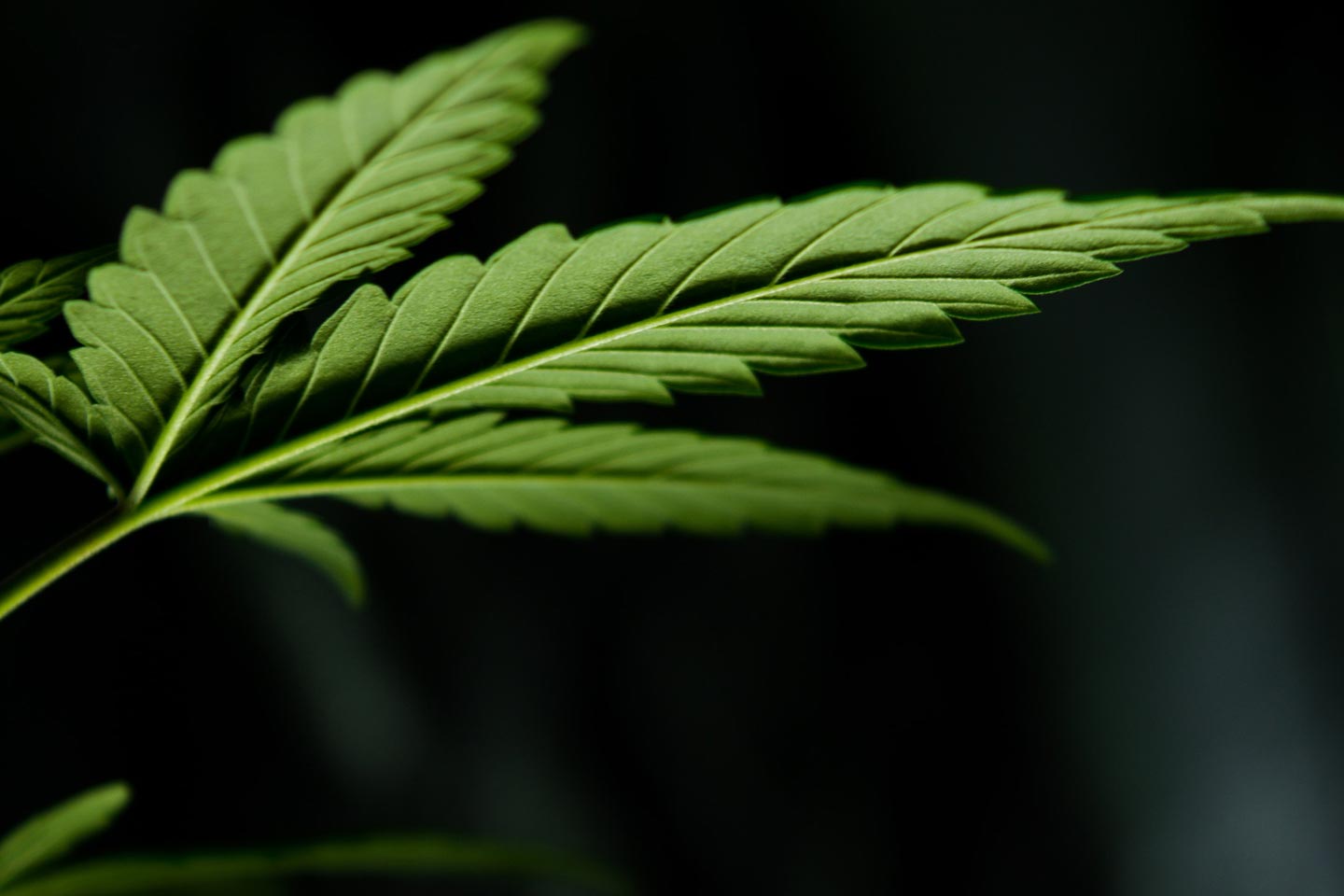There are various strains of cannabis with different effects and a variety of names, from "sticky black" (a resin that tends to have milder effects) to "skunk" which often looks like dried herbs with a distinctive and pungent aroma.

Cannabis abuse, for many, begins during the later teenage years or in the early twenties, although many people use the drug throughout their lives with no dependency habit. However, in younger people, developing a dependency is generally more likely.
If you're a parent concerned that your child is developing an unhealthy relationship with cannabis products, you should make sure that you recognise the signs and symptoms of cannabis dependency and know what you can do to help.
What are the signs of cannabis addiction and dependency?
Some of the signs of cannabis addiction are:
- Inconsistent attendance and diminishing performance at work or school
- Loss of interest in events and activities that were once significant
- Deceptive behaviours regarding one's whereabouts or activities
- Possession of smoking paraphernalia: rolling papers, tobacco, water pipes, etc.
- Bloodshot eyes
- Increased appetite
- Lethargy and sleepiness
- Impaired co-ordination
- Difficulty with focus and concentration
- Slow responses
- Poor judgement
- Indecisiveness and a lack of punctuality
- Mood swings, including irritability and paranoia

What help is available?
It can be challenging for anybody to recognise or admit that they have a problem. If you or a loved one is experiencing the symptoms of addiction, it's wise to address them as early as you can. Abstinence from cannabis may be possible for a while, but if you fail to tackle the root causes of the addiction, there’s a high likelihood of falling back into troublesome ways.
Like all addictions, cannabis dependence can lead to financial difficulties and adverse effects on personal relationships and one's professional prospects. Long-term use can lead to heart and lung defects, cognitive problems, and reduced self-esteem, so don't waste any time in seeking help. Our integrative approach to treating addictions addresses the root source of the problem; rather than merely focusing on physical withdrawal.

Our Integrative Approach
We employ a range of proven therapeutic strategies to help overcome addiction. Using a combination of psychotherapy, counselling, and coaching approaches, we help people come to terms with the effects of their addiction while providing a range of coping strategies that help prevent relapse.
Through a combination of therapies created to address your individual issues, we’ll help you develop valuable insight into the behaviours driving your dependency. By acknowledging past traumas and self-esteem issues, you'll start to recognise the emotional states that you’re failing to address by self-medicating with cannabis.
Get in touch
For help with overcoming an addcition to alcohol you can reach us by phone on 0333 339 2430 at any time, or contact us by email to discuss any questions about addiction recovery therapy.
Contact Us by email

